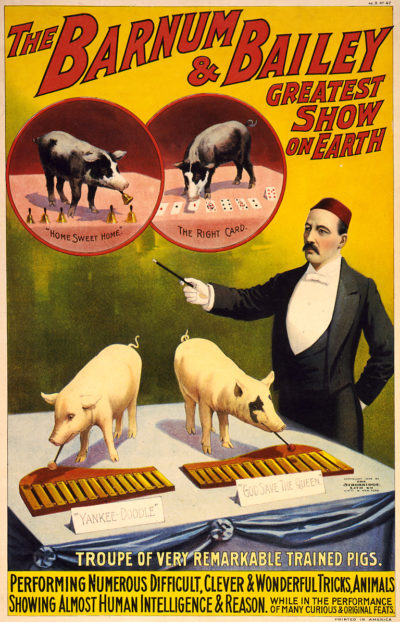
By Sean Silva ’19
On Monday, January 22, 2018, the LMU History Department held an informative panel on the topic of “fake news,” which has recently gained traction in the public sphere as a loose term for the trafficking of false and deleterious statements. History Department Professor and Chair Elizabeth Drummond, moderator for the panel, called today “the age of fake news” and characterized it as a regular feature of today’s uncertain world.
The three panelists were Professors Anthony Perron, Kevin McDonald, and Carla Bittel. Perron, a Medievalist, McDonald, a historian of colonial America, and Bittel, a historian of American science and medicine, each used historical examples from their respective fields to highlight one underappreciated facet of fake news: despite its recent proliferation, the phenomenon is anything but recent.
Perron talked about the myth of Prester John, a medieval mythical Christian king of the undefined East. He characterized the ongoing and wide-spread belief in Prester John’s existence as the metabolization of a world in which the unknown played an inestimable role. Perron believed that perhaps most tellingly it underscored the psychological need for a figure of such dimensions that was so great that its creation was an imperative.
McDonald began by showing a colonial English portrait of a woman called “Lord Cornbury” who, as governor of New York, was apparently known to the populace as a “transvestite.” But he unraveled that claim by systemically going through what sources there were and rendering them the baseless slander of political enemies (including some Founding Fathers). McDonald stressed the importance of verifying sources in a methodical manner in order to uncover the truth.
Finally, Bittel related the chicanery of P.T. Barnum’s ventures and exhibitions. In an age of increasing scientific exploration, Barnum catered to the desire for spectacle by fabricating wholesale things that seemed to defy reason. Exhibits of mermaids, dog-operated machines, and other things that qualify as the real or proverbial “bearded woman” pulled from the tradition of the “wonder cabinet” collections of the past carried Barnum into popular society as a figure worth believing. Bittel then tied P.T. Barnum to the recent election of Donald Trump, quoting Trump himself on Meet the Press in January of 2016: “We need P.T. Barnum, a little bit, because we have to build up the image of our country.”
A lively discussion followed about the similarities and differences between fakes news stories of the past and the proliferation of today. The Q&A session concluded with the panelists emphasizing the crucial importance of comparing and verifying sources in order to obtain an accurate picture of the truth.



